Most common questions about SPF
We know it’s a big jungle out there and a lot of confusion about SPF and sunscreen. We wan’t to help you to understand more about the most important questions regarding sunprotection, here we go:
1. Why is sun protection important?
Sun protection is important because exposure to ultraviolet (UV) radiation from the sun can cause damage to your skin, including sunburn, premature aging, and an increased risk of skin cancer.
2. What is SPF?
SPF stands for sun protection factor. It measures how well a sunscreen protects your skin from UVB radiation, which is the type of radiation that causes sunburn.
SPF is determined through in vivo tests, which means on real people. The subjects have samples of the sun protection applied to their backs at 2mg/cm and are exposed to UV light. The ratio of UV energy required to produce a minimal erythemal dose (how quickly the skin turns red) in protected skin versus unprotected skin is measured to calculate the overall SPF. The SPF scale is not linear and protects in the following percentages:
What does ‘SPF’ mean?
• SPF 15 filters out approximately 93.4% of all incoming UVB rays
• SPF 30 filters out approximately 96.7% of all incoming UVB rays
• SPF 50 filters out approximately 98.1% of all incoming UVB rays
If you see a little ‘+’ next to an SPF50, the SPF level is more than SPF 50. When tested, the sunscreen must provide at least SPF 60 to avoid any margin for error, due to different testing laboratories with different testing procedures or methodologies.
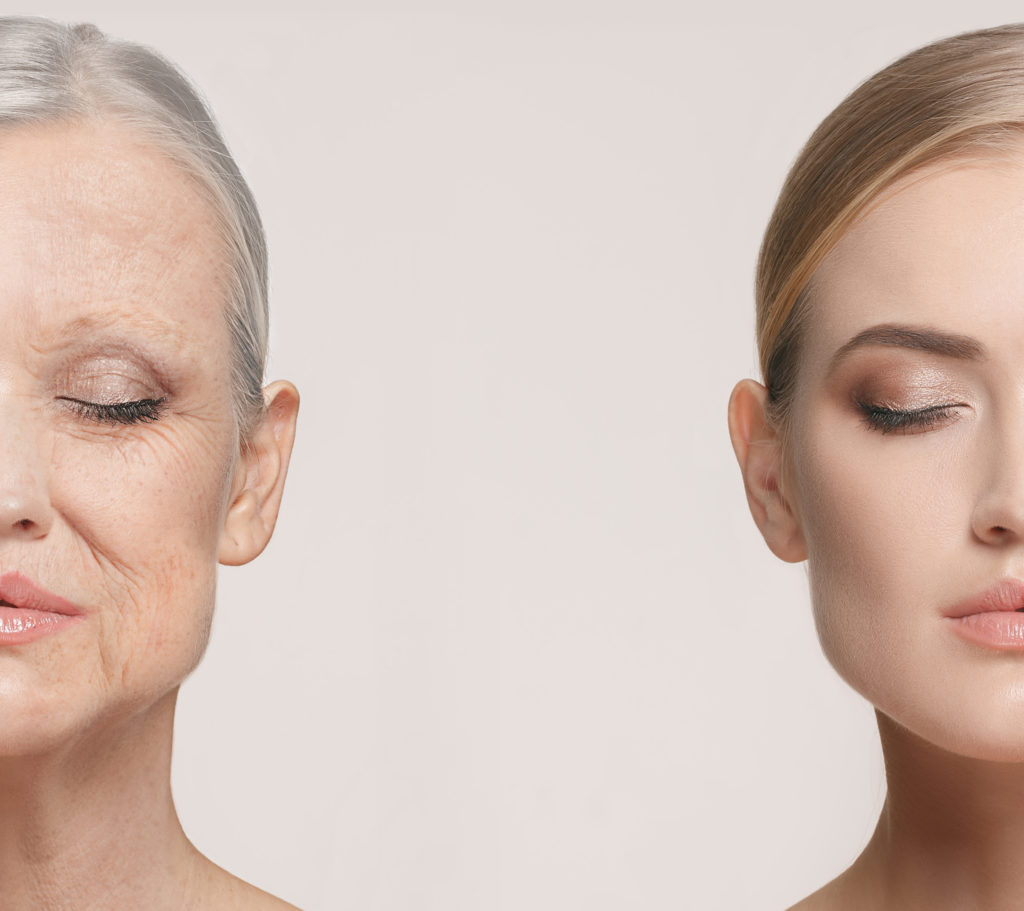
3. SPF 30 or 50?
You might hear that the 1.4% difference between SPF 30 and SPF 50 is so negligible that there isn’t much additional benefit in choosing an SPF 50 over an SPF 30. However, if you look at this in terms of how much UVB radiation is still able to penetrate your skin, you may see it differently. This is since SPF 30 allows 3.3% UVB rays to penetrate the skin, while SPF 50 allows only 1.9%.
4. How much sunscreen should I apply?
Dermatologists recommend using at least 1/2 a teaspoon of sunscreen for the face and neck. You should apply enough sunscreen to cover all exposed skin. A good rule of thumb is to use about a shot glass full of sunscreen for your entire body.
It is worth knowing that face and body sunscreens are formulated differently
from each other. Body sunscreens generally tend to be thicker and offer
comedogenic properties (blocks pores). Overall, it is better to look for ingredients
that won’t clog your pores.
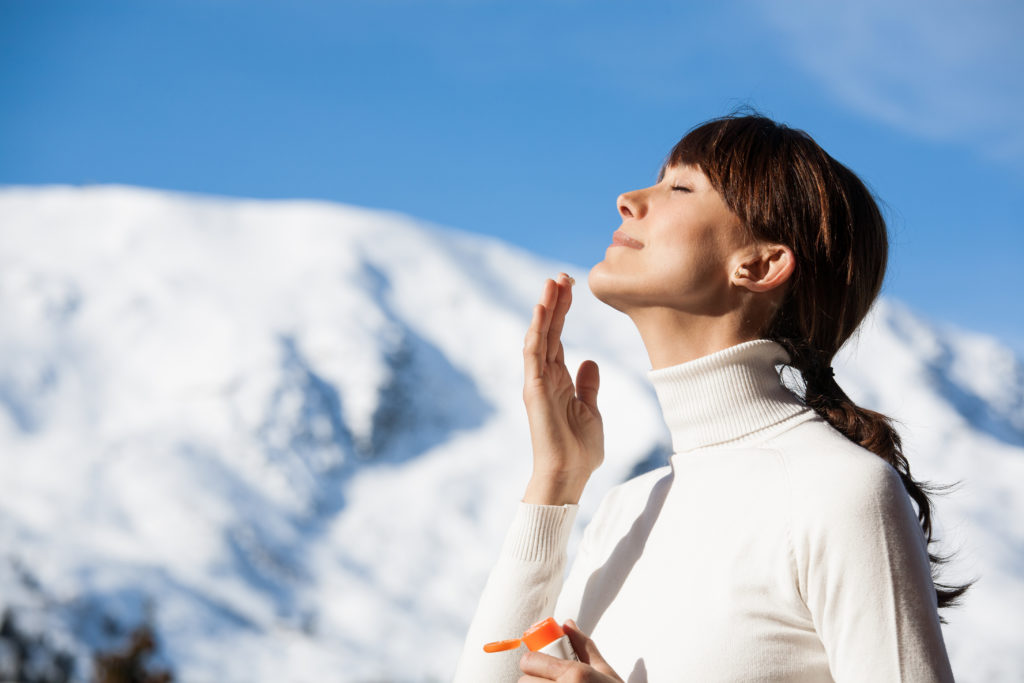
5. How many hours of protection am I getting while wearing SPF?
There is a simple formula to approximate the hours of sun protection you will get based on the SPF level you are wearing. Depending on the UV level, if you
typically burn after 10 minutes of unprotected sun exposure, then you multiply that number by the SPF rating that you are using.
For example:
10mins x 15 SPF = 2.5 hours
10mins x 30 SPF = 5.0 hours
10mins x 50 SPF = 8.3 hours
Think of the time your skin can last in the sun with and without protection, like the amount of sand in an hourglass. Your skin has a limited amount of exposure time per day. By applying SPF, the diameter of the hole in the centre of the hourglass becomes smaller (causing less sand to fall through at once), extending the time you can be in the sun. The higher the SPF, the smaller the diameter of the hole is (SPF 50+ will be significantly smaller than SPF 15).
However, if you use SPF 15 in the morning, applying SPF 30 in the afternoon does not buy you more time. You have already depleted your time in the
morning (less sand on the topside of the hourglass) by using a low SPF. Applying SPF 30 in the afternoon may still create a smaller hole in the hourglass; however, you don’t have any time left. Therefore, use SPF 30 or SPF 50+ at the start of your day.
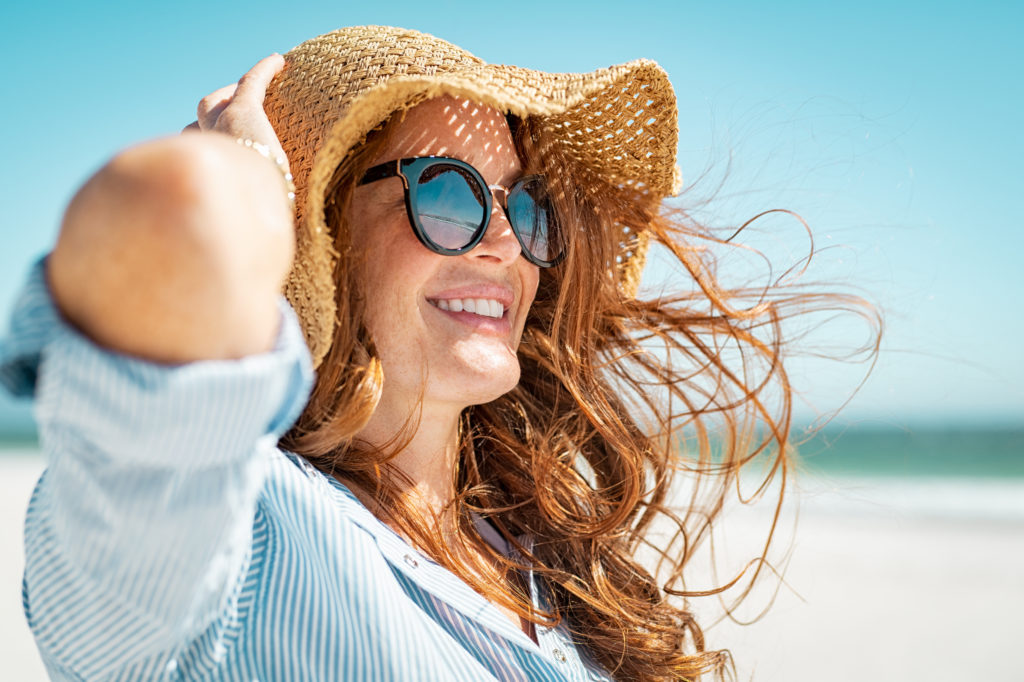
6. Can I use expired sunscreen?
Using expired sunscreen is not recommended, as the active ingredients may have degraded over time and may not provide adequate protection. Always check the expiry date and it’s recommended to not use a sunscreen when it’s open for more than a year. It’s safer to buy a new one.
7. Is sunscreen safe?
Yes, sunscreen is safe to use. The ingredients in sunscreen have been extensively tested and are regulated by the authorities. Recently, a fair amount of fear-mongering can be witnessed on social media towards chemical sunscreen in general. It is important to identify which organic sun filter ingredients are being scrutinised. Both inorganic and modern organic sun filters offer appropriate and sufficient protection for our skin against UV rays. It is up to you to decide which active sun filter ingredients are best for your skin type and lifestyle.

8. What’s the difference between UVA and UVB rays for my skin?
Although these UV rays do not solely affect the skin uniquely, one of the easiest ways to remember what UVA and UVB rays primarily do is:
• UV(A) for the ageing of the skin
• UV(B) for the burning of the skin
As we now know, UVA rays are a longer wavelength and penetrate deep into the dermis, the skin’s inner and thickest layer. The dermis gives our skin its strength, resilience, and elasticity. UVA rays are the leading cause of premature skin ageing – also known as photoaging. Photoaging causes wrinkles, fine lines, uneven skin tone and texture and loss of elasticity and firmness. The strength of UVA rays is constant throughout the year,
irrespective of the season, type of day or geography. UVA rays are also able to penetrate through glass and clouds. This means your windows provide little
protection from sun exposure.
UVB rays are shorter wavelengths and only reach the skin surface, the epidermis layer. While fewer of these rays penetrate the ozone layer, those
that do are more intense than UVA. They are responsible for painful sunburns and making skin go red and brown. These rays damaging our outer skin layer
are the leading cause of cancer. UVB rays can vary based on the time of day, as well as the season. They are strongest in the summer months and between
the hours of 10am-2pm.
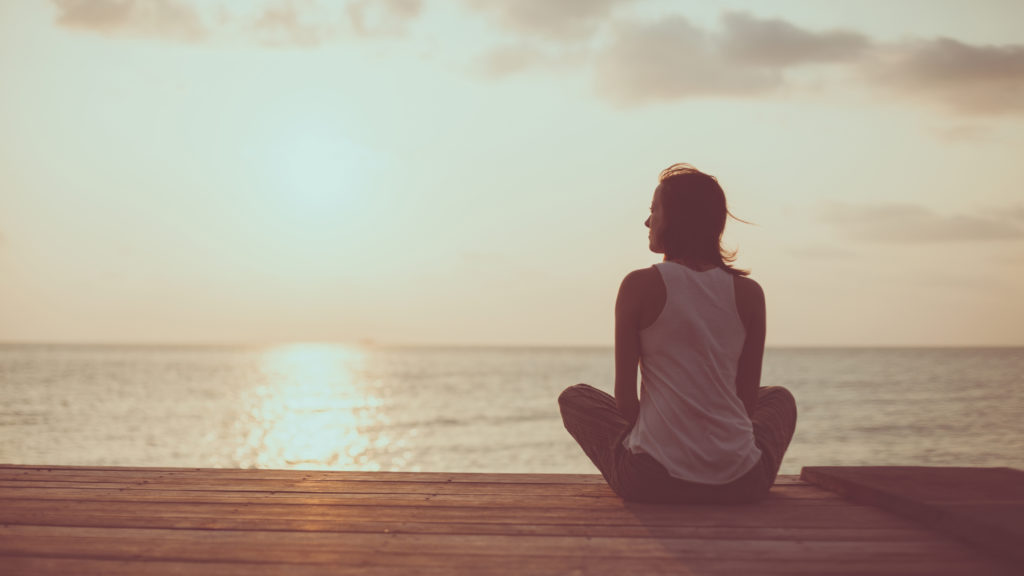
9. Can I get sunburned on a cloudy day?
YES, you can! If there’s one step you never want to skip in your morning routine on all days,
adventures in life, daily activities, and across all seasons, you need to consider applying sun protection.
Future you will be so thankful that you did!
UVA (remember, the rays that cause ageing) are present all year round, whatever the weather, whatever the season, and wherever you may be. These rays easily penetrate through surfaces like glass and windscreens. By applying sunscreen, you directly reduce the effects on your skin and health from sun exposure.
10. Can I get enough vitamin D if I use sunscreen?
Yes, you can still get enough vitamin D if you use sunscreen. This is one of the most common misconceptions, and we wrote a whole blog post about it, read it here.
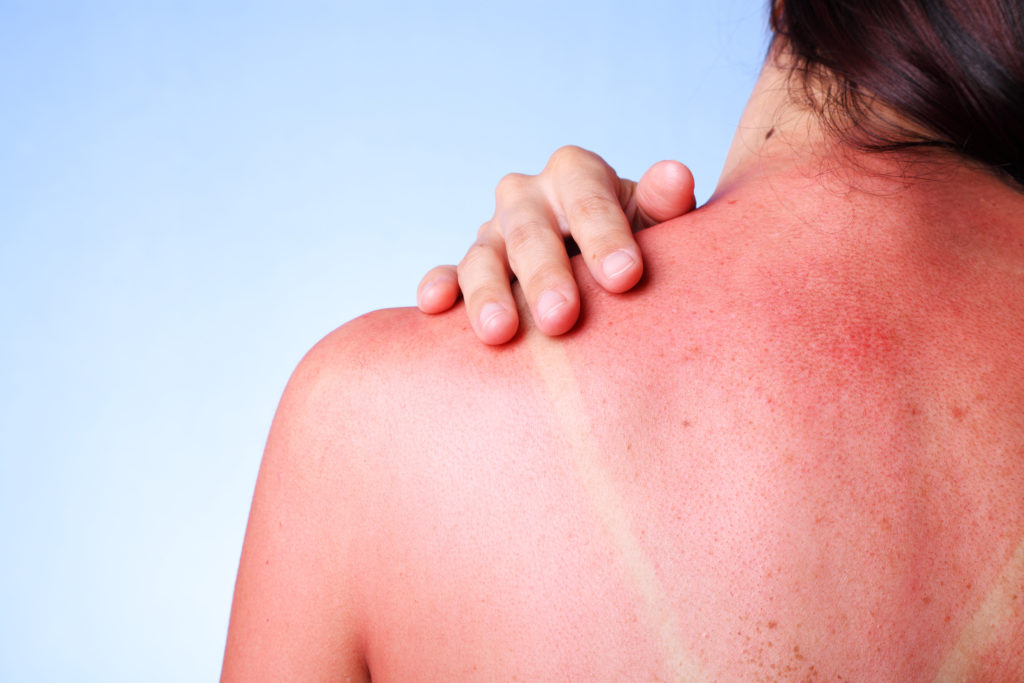
A summary of the 10 most common questions about SPF
* Sun protection is important because exposure to UV radiation from the sun can cause damage to your skin, and there is an increased risk of skin cancer.
* SPF stands for sun protection factor. It measures how well a sunscreen protects your skin from UVB radiation, which is the type of radiation that causes sunburn.
* SPF 30 allows 3.3% UVB rays to penetrate the skin, while SPF 50 only allows 1.9%.
* A good rule of thumb is to use about a shot glass full of sunscreen for your entire body.
* Depending on the UV level, if you typically burn after 10 minutes of unprotected sun exposure, then you multiply that number by the SPF rating that you are using.
* Using expired sunscreen is not recommended, as the active ingredients may have degraded over time and may not provide adequate protection.
* The ingredients in sunscreen have been extensively tested and are regulated by the authorities.
* UV(A) for the ageing of the skin, and UV(B) for the burning of the skin.
* If there’s one step you never want to skip in your morning routine on all days, adventures in life, daily activities, and across all seasons, you need to consider applying sun protection.
* You can still get enough vitamin D if you use sunscreen. This is one of the most common misconceptions.
We would love to here from you and answer your questions you might have. Send us a message on Instagram we can’t wait to hear from you!
You only have 1 version of your skin – don’t forget to protect it as much as possible.
WHEN YOUR SKIN TELLS YOUR STORY, YOU DESERVE TO LOOK YOUTHFULL – PROTECT IT DAILY
#YOURSKINNEVERFORGETS
For more information about our SPF50+ products click here
Follow us on Instagram
